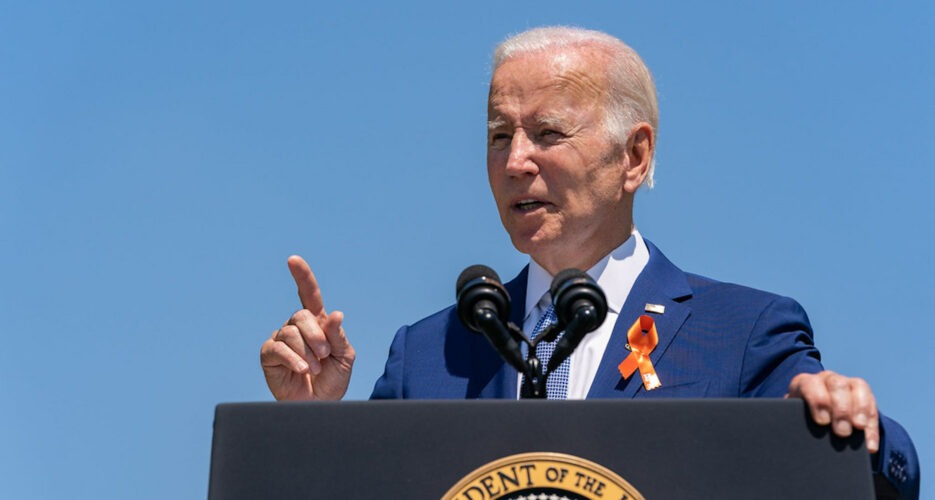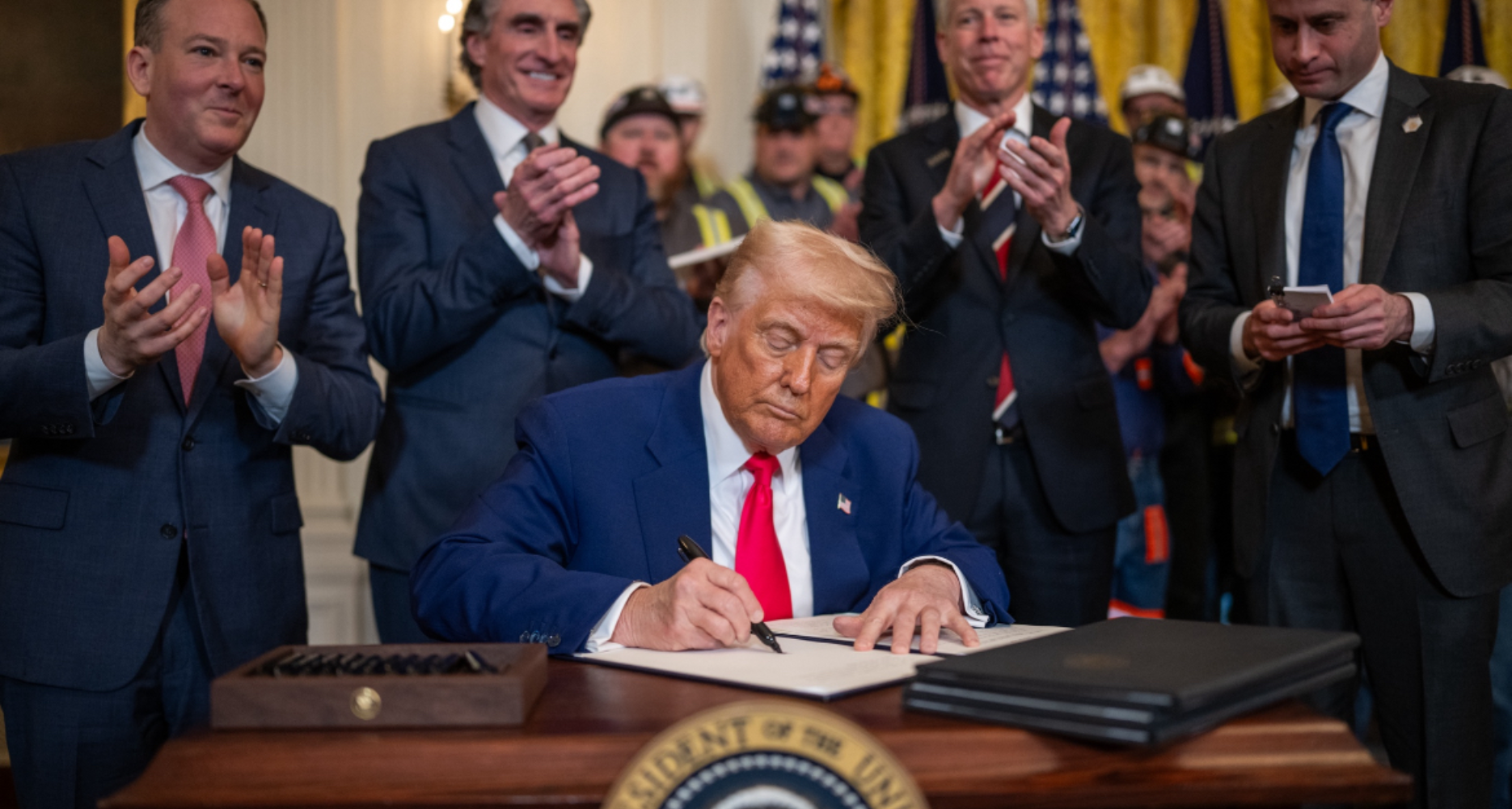China remains at center of US foreign policy in East Asia, leaving little room for imagination on the Korean Peninsula
As the results of the U.S. midterms come into focus, it seems likely that the same America First foreign policy will continue to undergird the White House’s international decision-making.
Far from the “red wave” many predicted beforehand, the Republicans appear to have eeked out the narrowest of majorities in the House while losing the Senate. U.S. allies like South Korea are watching these unexpected results and considering the unpredictability of voters in several states as Seoul attempts to prepare for the 2024 presidential election.
As the results of the U.S. midterms come into focus, it seems likely that the same America First foreign policy will continue to undergird the White House’s international decision-making.
Far from the “red wave” many predicted beforehand, the Republicans appear to have eeked out the narrowest of majorities in the House while losing the Senate. U.S. allies like South Korea are watching these unexpected results and considering the unpredictability of voters in several states as Seoul attempts to prepare for the 2024 presidential election.
Get your
KoreaPro
subscription today!
Unlock article access by becoming a KOREA PRO member today!
Unlock your access
to all our features.
Standard Annual plan includes:
-
Receive full archive access, full suite of newsletter products
-
Month in Review via email and the KOREA PRO website
-
Exclusive invites and priority access to member events
-
One year of access to NK News and NK News podcast
There are three plans available:
Lite, Standard and
Premium.
Explore which would be
the best one for you.
Explore membership options
© Korea Risk Group. All rights reserved.
No part of this content may be reproduced, distributed, or used for
commercial purposes without prior written permission from Korea Risk
Group.












